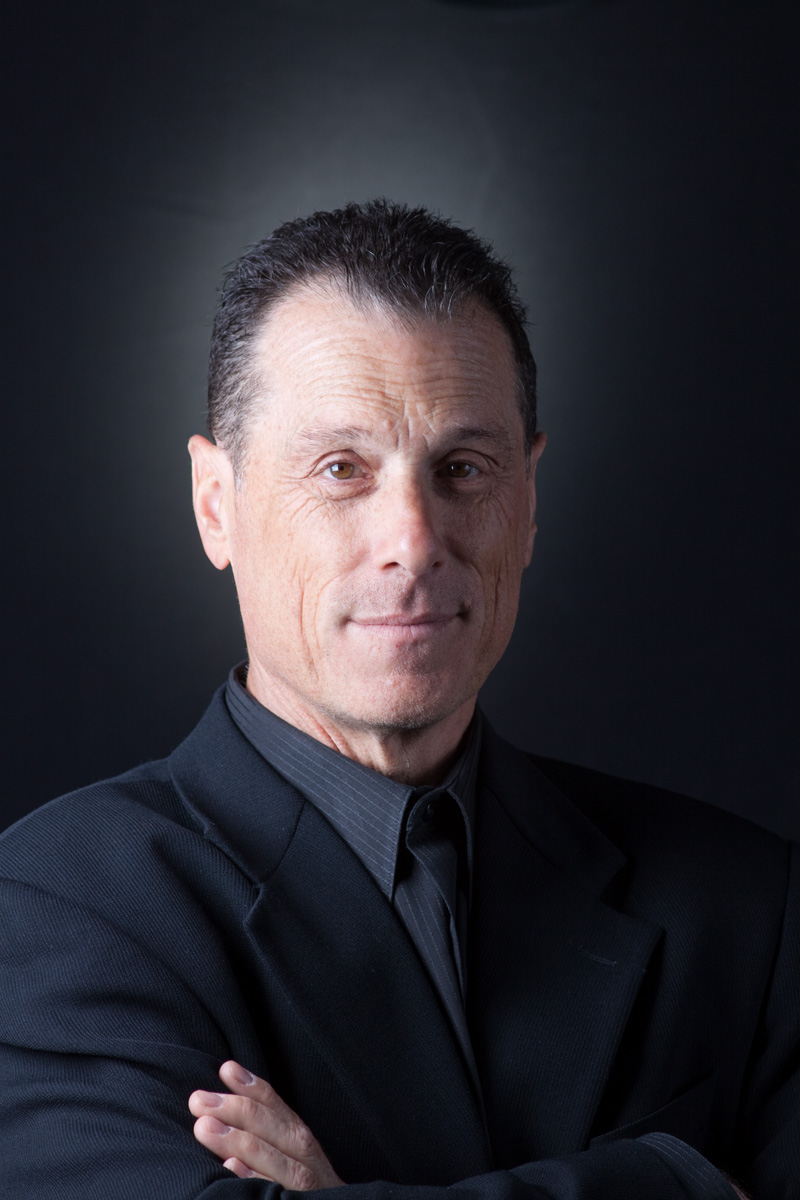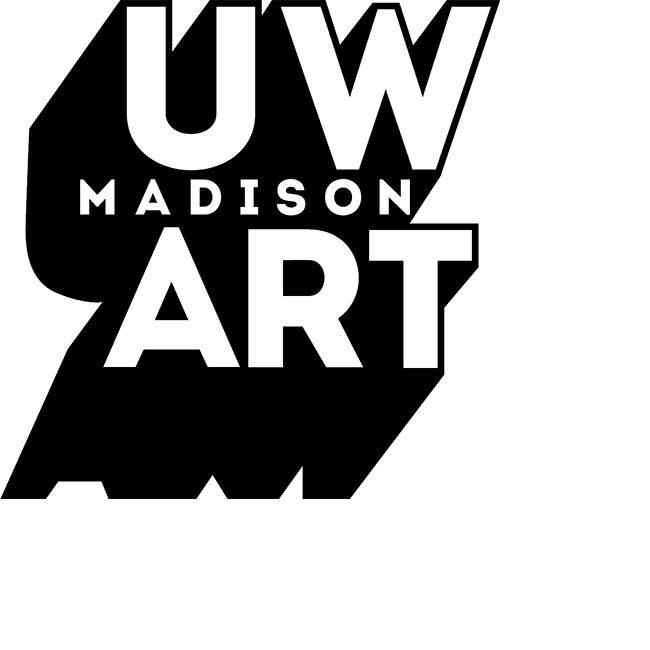 I’ve been thinking a lot about what it means to be an ally in the arts and beyond, and how to do so generously and with an open heart. Advocating for those other than oneself inherently means that an opportunity for visibility may confer to the one we advocate for, rather than to ourselves.This seems to be a foundational and very real fact of generosity.
I’ve been thinking a lot about what it means to be an ally in the arts and beyond, and how to do so generously and with an open heart. Advocating for those other than oneself inherently means that an opportunity for visibility may confer to the one we advocate for, rather than to ourselves.This seems to be a foundational and very real fact of generosity.
I have been thinking as well about taking turns, as in the way children are taught to give space to others so that others may experience something joyful or new in their lives. As artists, we compete throughout our careers; for shows, for space in shows, for reviews and teaching positions, for gigs of all kinds. I have been noticing more and more, that spaces in which I regularly participate—conferences, publishing, symposia, public exhibitions, and other spaces where knowledge or creative capital is shared—have a new and different dynamic.
Simply put, many of these spaces have become sensitive to the changes in social and cultural norms (though many have not) that lean toward inclusivity, polyvocality, and diversity. They have become aspirational spaces in which one can feel the pendulum swing in a process of repair and righteousness, where discussions of privilege and otherness are brought from the margins to the center.
While participating in an international arts forum recently, I was hyper-conscious of my own body as I listened to colleagues presenting papers, screening films, and performing. As the forum was held in a French-speaking country, I listened to all the talks in simultaneous translation from English to French. The lag in the translation and the difficulty that the translators often had with the very specific use of language to describe complicated theory seemed like an apt metaphor for my own feelings of being outside of the discourse I was there to participate in.
I felt self-consciously like an interloper in this discussion. Rightly so, as the curatorial imprimatur was decidedly feminist, of color, and queer. Though an empathetic ally, I am none of the above. I wondered, can I speak? May I speak here? If I do, whose space do I impose on? And of what value is my voice in this discussion?
Clearly, we are well into a moment in which many of us need to lean out so others can lean in.
This means not only being an ally, but advocating strongly for spaces that are inclusive and empowering, consciously recognizing issues of gender and sexuality, marginalized identities, and LGBTQ+ challenges. Here, I am a person in progress and realize that it is my time to listen more, to share the space, and to generously be available if called on.
It is difficult, but not impossible to be completely sensitive to the abundance of good fortune that has made it possible for me, through my work, to have a voice, and I am acutely aware that such privilege necessitates, in fact demands, working on behalf of others, even if, and especially if that work involves giving back space.
At the start of each session of the forum I attended in Montreal, a number of speakers read the following statement:
I would like to begin by acknowledging that the land on which we gather is the traditional and unceded territory of the Kanien’keha:ka (Mohawk), a place which has long served as a site of meeting and exchange amongst nations.
This particular statement was pertinent to the venue that we were in, of course, but one can imagine such a statement acknowledging the histories and personhood of other groups who have been silenced, omitted, or otherwise made absent from our own communities. As artists and problem-solvers, I imagine we could make such an activist gesture through the arts.
Douglas Rosenberg
Chair, UW-Madison Art Department
